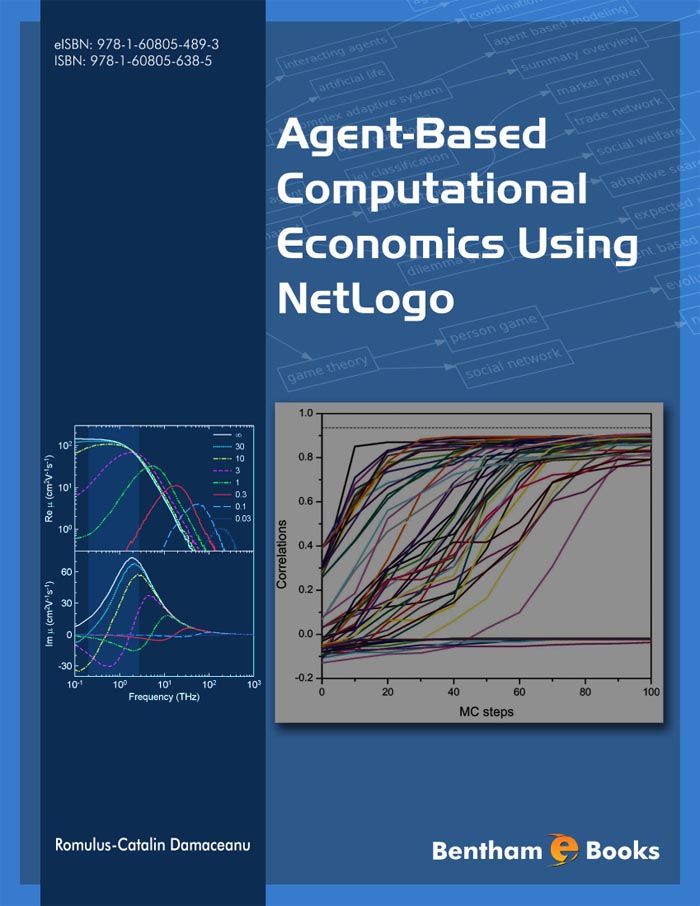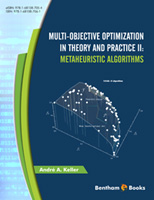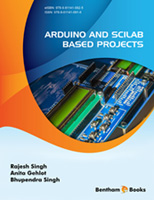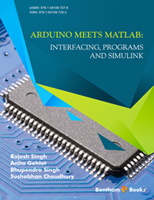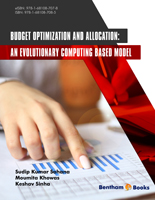Introduction
Agent-based Computational Economics using NetLogo explores how researchers can create, use and implement multi-agent computational models in Economics by using NetLogo software platform. Problems of economic science can be solved using multi-agent modelling (MAM). This technique uses a computer model to simulate the actions and interactions of autonomous entities in a network, in order to analyze the effects on the entire economic system. MAM combines elements of game theory, complex systems, emergence and evolutionary programming. The Monte Carlo method is also used in this e-book to introduce random elements. The 11 models presented in this text simulate the simultaneous operations of several agents in an attempt to recreate and predict complex economic phenomena.
This e-book explains the topic in a systematic manner, starting with an introduction for readers followed subsequently by methodology and implementation using NetLogo. The volume ends with conclusions based on the results of the experiments presented.
The e-book is intended as a concise and vital resource for economists, applied mathematicians, social sciences scientists, systems analysts, operations researchers and numerical analysts.

